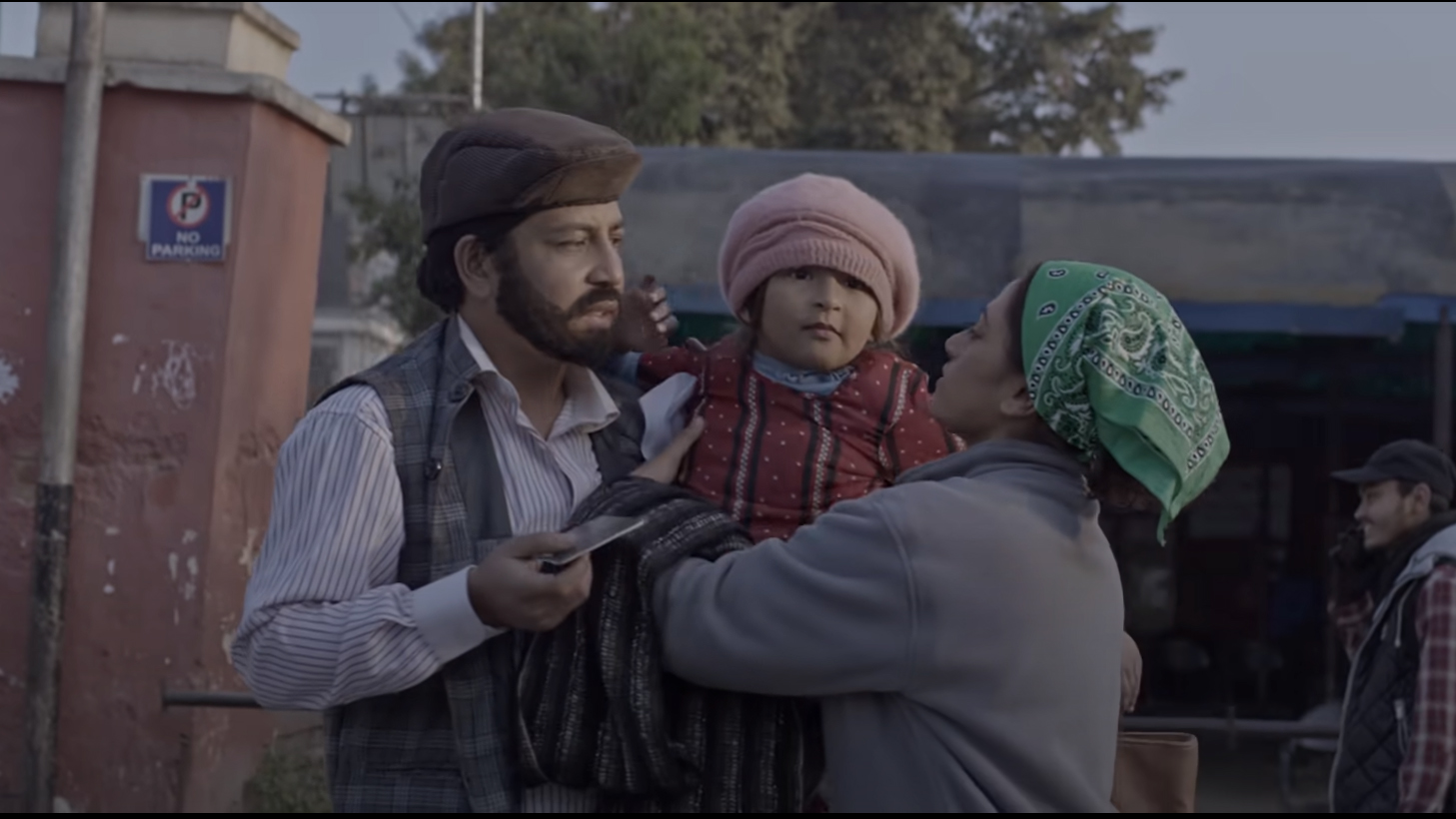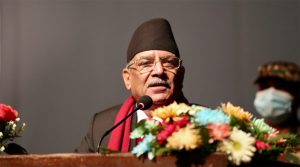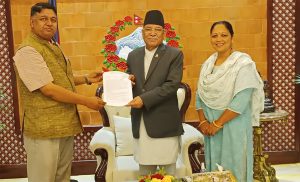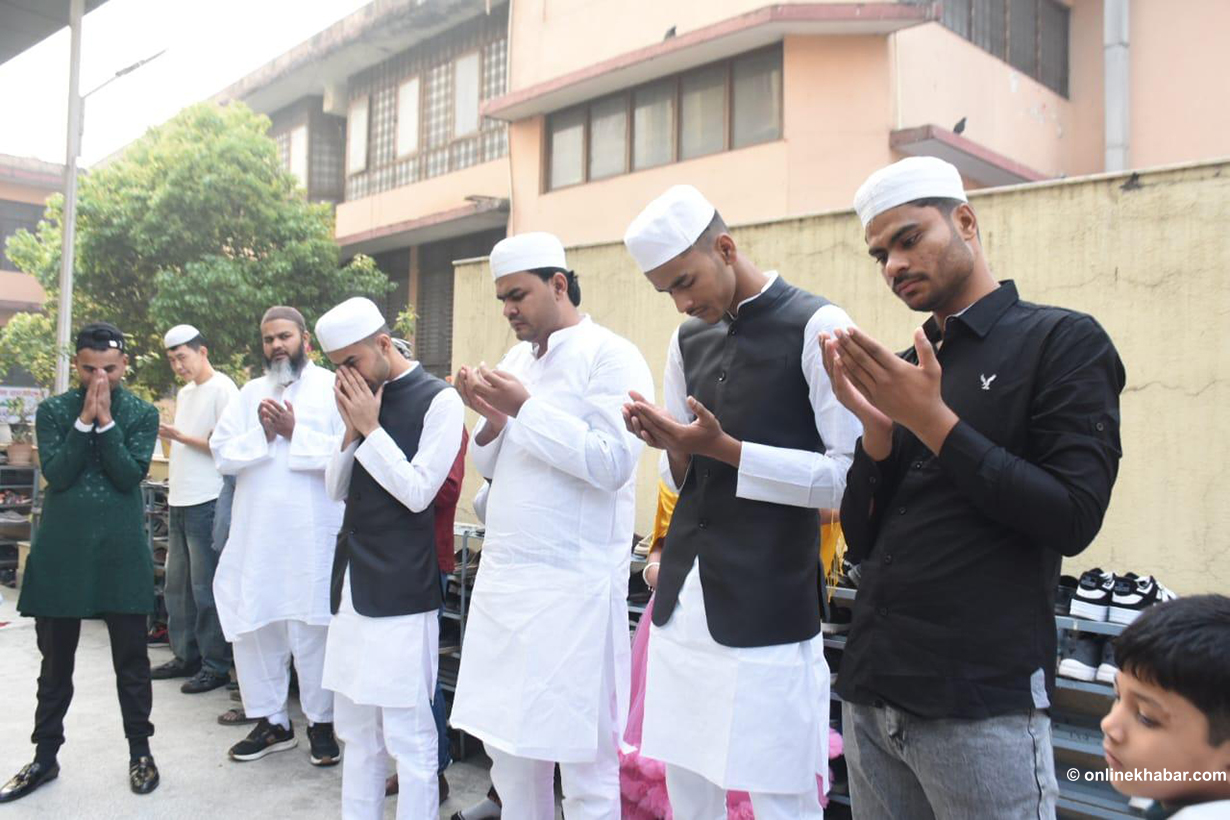Whenever singer and songwriter Prakash Saput releases a new song, it creates hullabaloo all over the Nepali music industry and social media platforms. This time, as well, last Friday, when his new song Pir (which means sorrow in Nepali) hit YouTube, things were the same but at an extreme level.
The 16-minute music video of Pir, directed by Saput himself, depicts the story of Maoist fighters who fought in the insurgency period for 10 years. It shows the suffering of those fighters. Despite devoting such a long time to the war for republicanism, they have enormous hardships to sustain their life properly. The music video shows, even after the 16 years of war, the fighters who were promised to have a quality life lack jobs and healthy social life. They do not have enough money to feed their child properly and enrol them in a good school.
The interesting side of the music video is it not only tells the story of former Maoist fighters but also exhibits how powerful art can be. Subsequently, after the release of the music video, some Maoist leaders were shaken to the core.
The controversy

The music video, besides Prakash Saput, features actors Surakshya Panta and Keshu Pun, all featured as Maoist fighters. As shown in the video watched by over seven million people in five days, currently, they do not have a quality of life. As a result, one of them (Panta) is compelled to leave the country for employment and the other (Pun) is involved in prostitution. This is where all the hullabaloo is centred now. The second situation has been labelled problematic by many, especially by the one associated with the CPN-Maoist Centre.*
Similarly, in the video, there is one character who is a contemporary of those Maoist fighters. He is now in a powerful position but is indifferent towards their demands and struggles. A number of individuals who fought during the insurgency from the Maoist side–sacrificing their family, education, and employment–can relate to this particular scene.
The power of art
The interesting side of the music video is it not only tells the story of a former Maoist fighter but also exhibits the power of music as a form of art. After the release of the music video, some Maoist leaders were moved. Most probably, this video might have made them afraid of losing voters in the upcoming local elections. They even urged Prakash Saput to remove the video from YouTube.
Pancha Singh, the chairperson of the Maoist Centre’s student wing, condemned the video and warned Saput to remove the video from YouTube.

“The video conveys the message that the women involved in the insurgency are now involved in prostitution, which is totally condemnable,” she wrote on her Facebook. “Saput must apologise publicly and remove the video immediately from YouTube.”
Likewise, the video also drew the attention of some senior politicians like Pushpa Kamal Dahal and Baburam Bhattarai. They accepted that the Maoist fighters are greatly struggling to live a quality life, acknowledging the power of art.
“Yes, it is true that there are many Maoist fighters who are unhappy with us. Those fighters say that the Maoists have ruined their life,” said the CPN-Maoist Centre Chairman Pushpa Kamal Dahal, in a recent interview, while being asked about the music video.
Likewise, Baburam Bhattarai, a senior leader at Janata Samajwadi Party, who was once a Maoist leader and considered as a key figure to plan the Maoist insurgency, has also commented on the music video. He also accepted the sufferings that the Maoist fighters are going through. He has urged the Maoist leaders not to threaten the creator of a song.
“As I was also associated with the insurgency, I have a right to comment on Prakash Saput’s song. There is nothing wrong with the song,” Bhattarai tweeted.
“The music video does not oppose the insurgency. Instead, it shows the agony of incomplete revolution. Therefore, the revolution should be carried forward in a new way. Why threaten the creator of the song?”

In the lyrics of the song, written by Prakash Saput, the protagonists define the country ironically, as if this country does not belong to them. The snippet of the lyrics goes, “Desh bhannu ta k raichha ra / Chaar killa ko mato / Tei mato ni unkai matrai / Jo chhan taatho baatho” [ the country means just a soil within four borders, but that is just of them who are clever].
With that, the music video has also propelled many Maoist leaders to open up about the unfairness and sorrow that they have created in the lives of their cadres.
Prakash Saput’s latest release, hence, has become a lesson that all politicians and parties need to learn about the sufferings and struggles of those fighters and address them.
*Update (March 20, 2022): On March 19, Saput removed the previous video on his channel and uploaded a new one, in which there is no scene of Keshu Pun featured as a sex worker. Saput apparently removed the scene owing to criticisms.



























